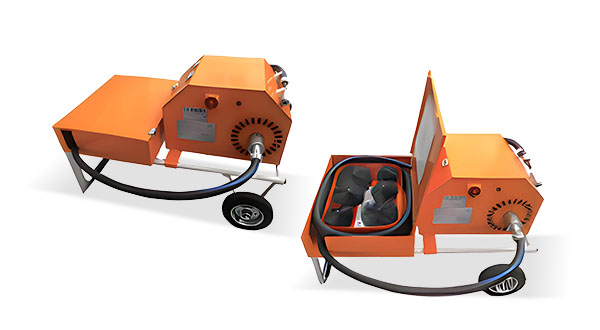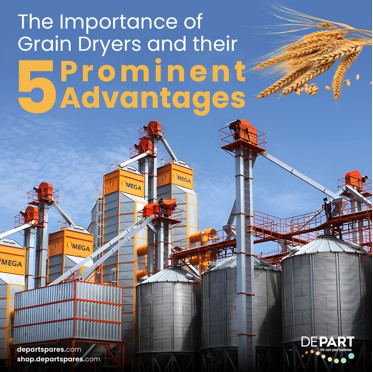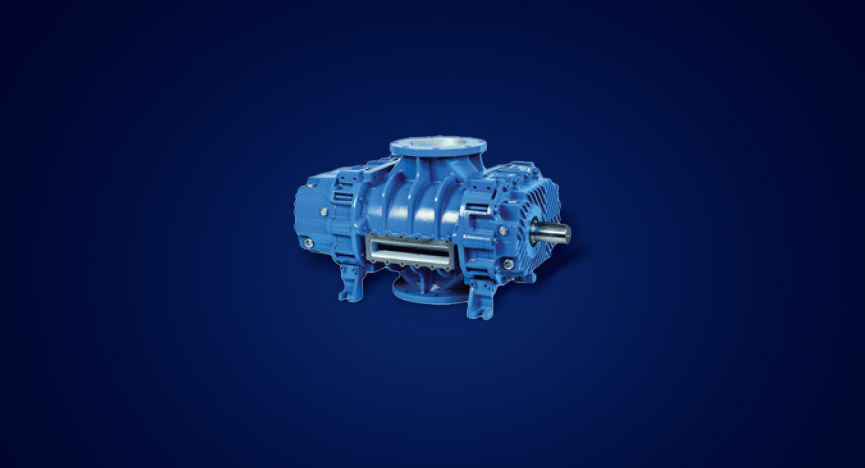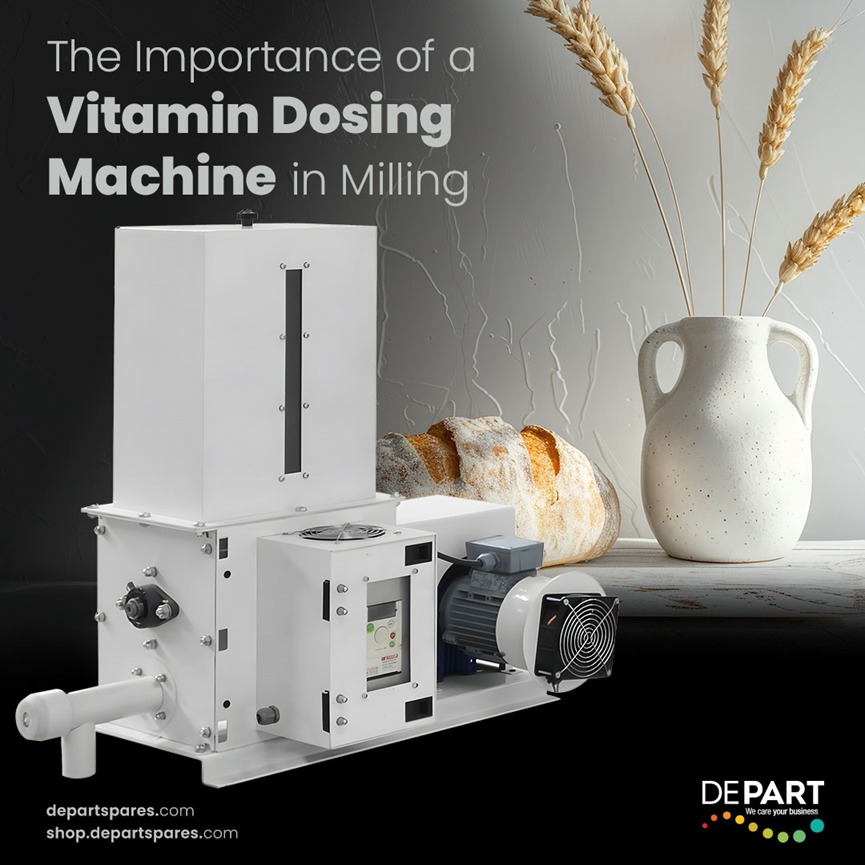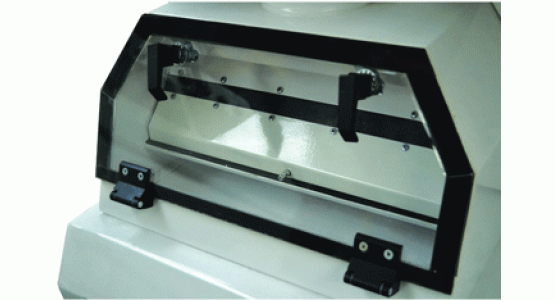The Role of Sensors in Milling Machinery
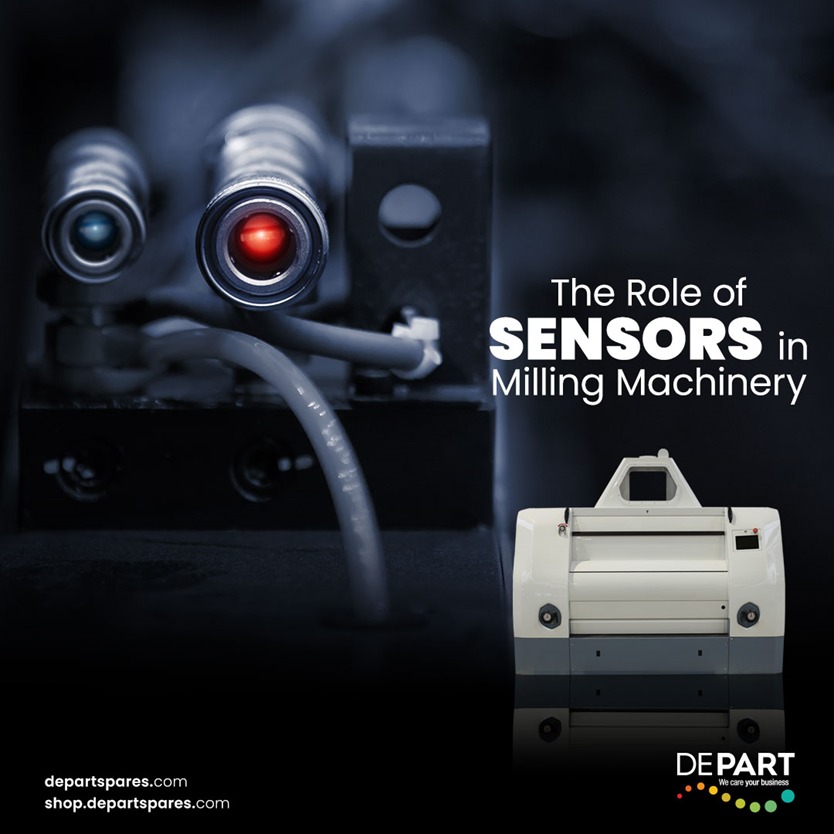
Billions of people around the globe need healthy, safe, and high-quality food to live every day. Clean, highly nutritious, and well-processed food production is critical in securing human health, development, and productivity.
Production inefficiencies and insufficiencies resulting from faulty or outdated technologies cause many problems in the milling industry today, which plays a key role in feeding the world’s population. Rapidly advancing automation technologies make significant contributions to preventing such problems that impact a broad spectrum, from waste management and equipment service life to labor efficiency and food and occupational safety.
The sensors used in different points at milling plants enable millers to measure the various aspects of large volumes of raw material, grain, and flour; perform analyses for chemical composition, moisture, protein, and fat content flour; and assess such physical properties as color and granulation. Sensors enable real-time monitoring, adjustment, and measuring of product quality and production stages, enabling competitive, cost, and safety benefits for milling plants, enhancing food quality and trackability, and process and resource efficiency. Using fit-for-purpose and high-quality sensors improves milling machinery’s performance and prolongs service life. Sensors ensure consistency in product quality and minimize waste by automatically adjusting processes during operation.
High efficiency in every phase, from storage to transportation
Advanced sensors offer many significant benefits in every phase, from grain entry and storage to processing and distribution to milling plants wishing to improve their competitive advantages while enhancing process efficiency, product quality, and work safety.
Many problems may arise when measuring grain levels, whether with contact or non-contact technologies. The sensors installed in milling machinery make it possible to prevent such problems, which may result in more frequent equipment or spare part replacement or high-cost measurement errors in silos.
The flow processes of grain handling and raw material blending, which are common in many grain plants, require highly accurate measurements for quality assurance and product consistency. Sensors enable these processes that are critical for compliance with environmental regulations and food safety standards to be run effectively and properly. Weighing tasks, another essential part of milling operations, can be supported with sensors at every step, from inventory to transportation.
As reliable process protection and efficiency increasingly gain importance in the highly competitive milling industry, automation also becomes an integral part of processes at a rapid pace. Integrated sensors help milling plants identify system blockages and prevent failures and downtimes, enabling many advantages.
Data-driven, automated, and integrated operations
Sensors, which can be described as the sense organs of machines and systems used in automation-driven production processes, offer a powerful way to enhance the effectiveness and safety of increasingly complex operations. Increasing efficiency, accuracy, consistency, and safety with real-time feedback, uninterrupted information flow, data exchange, and integrated functions, sensors also contribute to the sustainability of milling plant operations.
As Depart, we support millers worldwide at every step of their operations and add value to their operations. If you wish to improve your process efficiency, work safety, and product quality by integrating advanced sensors into your milling machinery, you can contact our sales representatives to learn about our sensor varieties for various functions. Regardless of your mill’s location, you can smoothly meet any spare part needs you may have via our e-commerce platform Depart Shop (shop.departspares.com), available 24/7.

